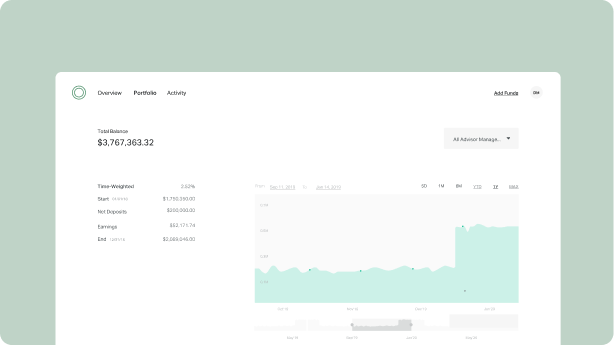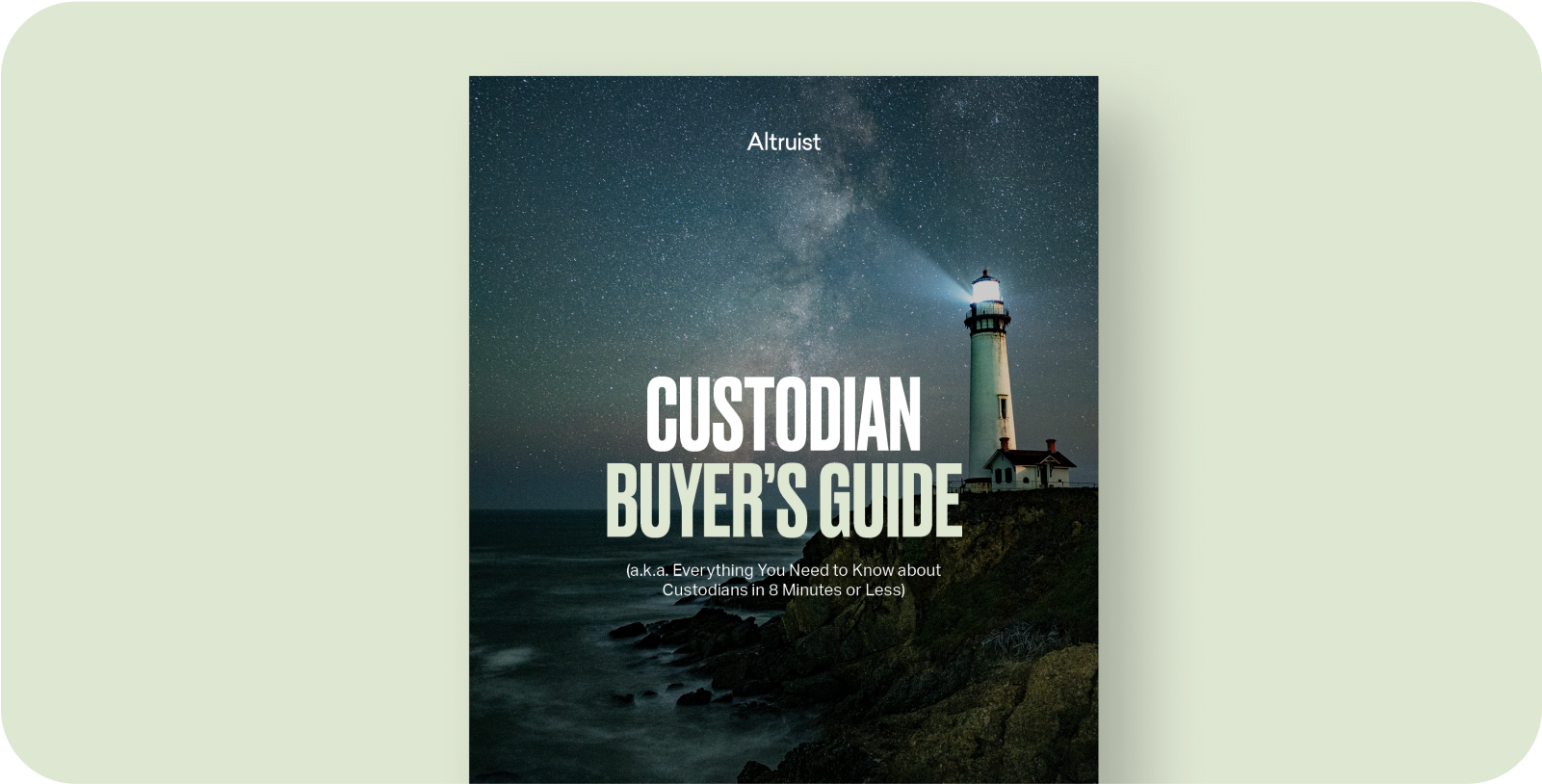Most advisors that follow a traditional route are ready to hit the ground running, equipped with the credentials to help their clients achieve their financial goals.
Yet, it can be a very humbling experience when many clients fail to move forward with the plan you set forth.
Why is there a gap between planning and executing?
While most of us have the technical chops to help clients improve their lives, we see time and time again after handing over “the plan”, there’s no follow up. Instead of labeling someone as “a bad client”; it’s time to take a closer look at how we, as advisors, can better tap into what matters to them.
Many times, we operate from a place of logic. If you save X for Y years, you’ll have Z. But what about the emotionally triggered unknowns that arise. How do those factor into your equation? For example, your client has a child who is racking up a large amount of debt that they’re now taking on. A pragmatic approach would be to cut the child off. An empathetic (and more realistic) approach would be to have a conversation with your client on how to tackle this and still have a relationship with their child. At times, what factors out on paper isn’t always what the best answer is.
This is where EQ and IQ come into the equation. What exactly are these two acronyms?
-
- EQ, or emotional intelligence, is the capacity to be aware of, manage, and express your emotions, and to handle interpersonal relationships judiciously and respectfully. In short, it’s being able to recognize the emotions of your clients and respond to them empathetically.
-
- IQ, or intelligence quotient, is the measure of your reasoning ability or a number equated to your relative intelligence. This centers around your cognitive or intellectual abilities.
The best professionals — in the financial industry and elsewhere — are able to combine both EQ and IQ in order to succeed. As trained professionals, most financial planners are confident in their ability to logically and reasonably help clients meet their goals. But, are you lacking relationship skills that could potentially boost your performance?
How can you provide planning advice that intersects at the heart and the brain? By incorporating these three emotional intelligence tips into your financial planning process.

1. Start active listening
Sure, you hear what your client is saying — but are you really listening? Active listening techniques can help you really comprehend what your clients are saying (and portraying). By asking specific open-ended questions, using their language back to them, and saying affirming phrases such as, “I see,” you can build trust and establish rapport with your client. Here are six ways to start active listening right away:
-
- Hold eye contact while in conversation
- Maintain good posture and be aware of slouching
- Refrain from crossing your arms or body language that can be portrayed negatively
- Mirror the other person’s body language to show interest
- Nod along to show understanding and interest in the topic
- Allow the speaker to complete their entire thought
2. Unlearn to learn more
This might seem counterintuitive, but sometimes to change your mindset, you need to dismiss your preconceived frame of reference. Instead of approaching an initial meeting with a new client with an attitude of “this is how we do it,” try slowing down and being present. Don’t run through your rehearsed spiel; hear what they have to say and identify the value to them.
For example, let’s say you have two back to back meetings with new clients. Both clients are approximately the same age with similar financial goals. Instead of approaching the second meeting with the bias of the first meeting, clear your head and enter the conversation with a blank mind. Try not to ambush the client with a list of general questions; ask specific questions that piggyback off the answers you’ve received.
This also means looking for information outside of the usual questions you may ask. Looking for details in your client’s answers can provide new knowledge that may actually add or modify what you thought you knew about their financial life.
3. Ask more questions
Which leads us to, ask more questions. Experiment and play with how you can find out more about what matters to your clients. This is your chance to have real, authentic conversations with your clients. So ask questions that allow you to emotionally connect with your client, understand their dreams, and get to know their true personalities.
For example, if they had all the money in the world in their bank account, what would they do? Who would they want to support? With money out of the equation, what would they pour their time, talent, and energy into?
As you challenge your approach to financial planning with these emotional intelligence tools, remember it is equally important to shift your mindset. Instead of being the hero for your client, how can you support your client to make them the hero?
To learn more about Scott Frank, visit Stone Step Financial, and hear more about his story on The Human Advisor.
About Grow
Grow by Altruist is a show dedicated to bringing business growth advice to advisors, by advisors. I'm your host Dasarte Yarnway and each week I sit down with industry professionals as they share their best ideas around attracting new prospects, building a successful firm, and keeping clients happy. Watch more episodes here.













